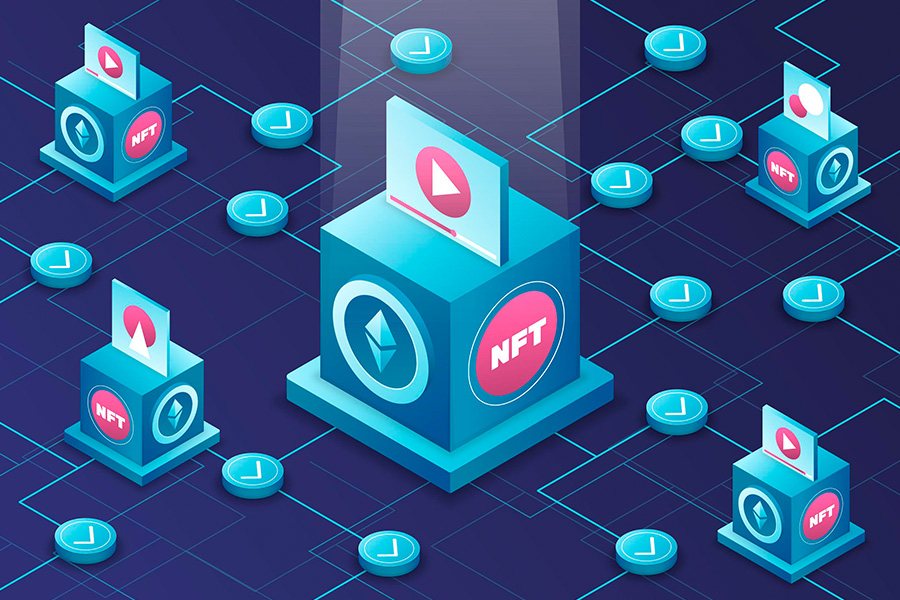
This paper aims to explore the possibilities of adopting blockchain technology within the arrays of internal governance mechanisms while emphasizing on the redressal to legal and regulatory challenges.
Author
Siddharth Kanojia, Assistant Professor, Jindal School of Banking & Finance, O.P. Jindal Global University, Sonipat, Haryana, India.
Summary
The digital revolution has changed many facets of daily life over the past few decades. Think about how personal computers and smartphones are becoming more powerful and smaller, how the Internet has spread throughout the world and led to the emergence of new forms of social interaction, and how there is always access to massive volumes of automated algorithms processing cloud-based data that is utilised in a number of settings.
Similarly, it has been observed that blockchain technology has the potential to provide clever fixes for traditional inefficiencies of corporate governance, particularly in the dynamically evolving paradigm in the emerging economics like BRICS nations i.e., Brazil, Russia, India, China, and South Africa. This paper aims to explore the possibilities of adopting blockchain technology within the arrays of internal governance mechanisms while emphasizing on the redressal to legal and regulatory challenges. The paper also critically analyzes the implication and utility of this evolved technology in the corporate governance systems of BRICS nations.
Published in: BRICS Law Journal
To read the full article, please click here.

